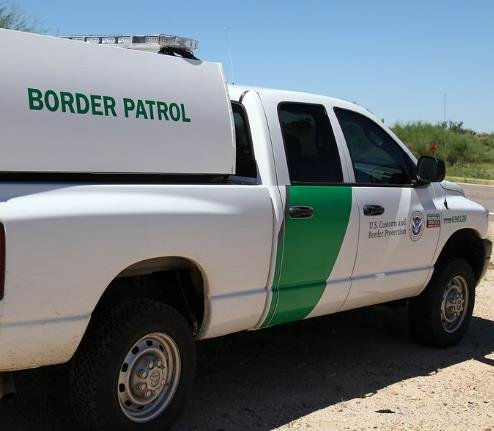The Trump administration is under fire for refusing to return over $1 million worth of marijuana seized from licensed New Mexico cannabis businesses at federal Border Patrol checkpoints. Eight state-licensed companies have refiled a lawsuit against federal agencies, challenging the legality of the seizures.
New Mexico Cannabis Companies Take Legal Action
Eight cannabis businesses in New Mexico are standing their ground. They claim the federal government improperly confiscated their legally cultivated and distributed cannabis, along with cash, at various checkpoints across the state.
Court records show that the lawsuit, initially filed in October 2023, was refiled on February 14, 2024, in the U.S. District Court for the District of New Mexico. The defendants? The U.S. Department of Homeland Security and the Customs and Border Protection Agency.
The plaintiffs include a mix of cultivators, manufacturers, and retailers:
- Mesilla Valley Extracts – a manufacturer in Las Cruces.
- Royal Cannabis (Baked Chicken Farm) – a vertically integrated company with a large cultivation facility in Berino.
- Super Farm (Smokey Road Farms) – a vertically integrated licensee in La Mesa.
- Impact Farms – a microbusiness in Albuquerque.
- Chadcor Holdings NM (Top Crop Cannabis) – a vertically integrated operator in Las Cruces.
- Mylars – a manufacturer and distributor in Las Cruces.
- Rollin Love – a retailer in Golondrinas.
- Desert Peaks Farms – a cultivator in Mesilla Park.
These businesses say their legal operations have been unfairly targeted, and they want their property returned.

Federal Authorities Reluctant to Return Seized Cannabis
Despite federal agencies returning vehicles impounded during the seizures, they’ve held onto the cannabis and cash. The lawsuit is pushing for a full return of all assets.
Under the Biden administration, the Department of Justice (DOJ) attempted to dismiss the lawsuit in January. The argument? Marijuana remains a Schedule I controlled substance under federal law, meaning the seizures were justified. The DOJ pointed to asset forfeiture laws, which allow the government to seize property connected to illicit substances.
“It is axiomatic that, to the extent federal law conflicts with state law, federal law prevails,” the DOJ stated in its January 14 filing.
But with Pam Bondi now leading the DOJ under Trump’s new term, it’s unclear if the federal government will double down on its stance or shift course.
New DOJ, New Priorities?
Trump’s return to office has already brought major changes in government, including the appointment of Pam Bondi as U.S. Attorney General.
Adding another layer of uncertainty is Elon Musk’s newly established Department of Government Efficiency (DOGE), which is slashing budgets across federal agencies. How this will impact the DOJ’s approach to cannabis-related cases remains to be seen.
For now, cannabis businesses in New Mexico remain in limbo, waiting for a response from the federal government while they fight for their seized property.
Legal Battle Over State vs. Federal Law
The heart of the lawsuit lies in the conflict between federal and state law. New Mexico legalized marijuana, issuing licenses to the very businesses now targeted by federal agents.
According to the lawsuit, these actions violate the Fifth and Tenth Amendments. The argument? The federal government is interfering with the state’s right to regulate commerce and enforce its own laws.
- The lawsuit claims federal agencies are selectively enforcing the Controlled Substances Act at interior checkpoints.
- It argues this undermines New Mexico’s sovereignty and disrupts legal business operations.
- The lawsuit also raises concerns about untraceable cannabis flooding the state due to federal interference.
Additionally, plaintiffs warn that federal resources could be better used securing the actual border, rather than cracking down on legal businesses.
With no court hearings scheduled yet, the case remains in legal limbo. Will the new administration take a hardline approach, or will political pressure force a shift? For New Mexico’s cannabis industry, the stakes couldn’t be higher.
